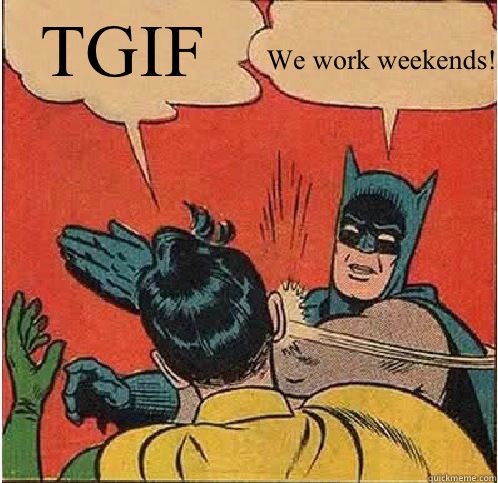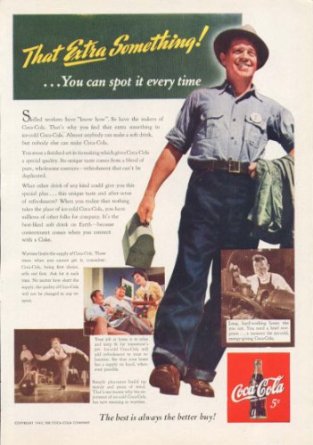By Chris Warren.
I went out yesterday and bought a new pair of work shoes. I know it’s not exactly a profound life event, but when I looked at my old shoes it struck me that every beat up, worn out pair has a story to tell about a Workingman.
Most people have several pairs of shoes for everyday use, but the Workingman, a guy who doesn’t wear a fine suit, usually has only one pair. Those old shoes carried me through every moment of my career for several years. I wear them more than any other single article of clothing I own.
The photo above shows two pairs of my work shoes. Both are the exact same make, model, and size. One pair is three years old and well past the end of its useful life; the other is brand new, never worn. When compared side by side, it’s a bit startling to see what three years of honest hard work will do to a pair of shoes.
Those shoes were a silent witness to many great things that happened to me, and a few not so great things. They were there when the boss dressed me down over a mistake I made; they were also there when the same boss gave me a fat bonus and told me what a great employee I was. They’ve been to funerals and retirement parties. They’ve shoveled snow and walked through 100 degree heat.
Every scuff and crack and stain and scrape on those old shoes has a story behind it. Of course, I don’t remember the details of how and when every blemish occurred, but collectively they are the testimony of a guy who clearly does not spend much time sitting around.
Workingmen are not a complicated lot, which, by the way, should not be interpreted as being uneducated or simple-minded. Their skills are technical and complex and can take years, even decades, to master. The Workingman’s job requires advanced math and analytical abilities; many of the people in work shoes and hard hats hold college degrees and/or have completed vocational training that essentially equals or exceeds a college degree. They show up every day with lunchbox in hand and a can-do spirit in their heart and do what is needed to keep our modern world seamlessly running.
Building buildings, lighting up the cities, keeping cellphones on line, toilets flushing, and trucks and trains and airplanes moving are all part of the countless behind the scenes labors that no one sees but everyone would definitely notice if they did not get done correctly and on time. These are not skills any unmotivated dropout can learn. Workingmen are diverse in their advanced expertise but they have one thing in common: Their shoes do not stay pristine and new for very long.
I don’t know why, but there is something about getting a new pair of work shoes that boosts my mood. For that first few days, before they are fully broken in and start showing obvious signs of wear, I put my work shoes on in the morning and leave the house feeling like it’s going to be a good day. Like a blank sheet of paper they too will collect the story of my daily life and someday will be worn and spent.
That is where the Workingman is different from his shoes: The Workingman is never spent. He may return home tired at the end of each shift and dream of a well earned retirement, but the next morning he will put on the same pair of shoes and go out and make the world happen…again. During the course of his day his shoes will collect a few more scrapes and scuffs, each of which is a testimony to honest hard work. Show me a beat up old pair of work shoes, and I’ll show you a dignified Workingman who never failed to carry the pride of his skill and labor upon them.








